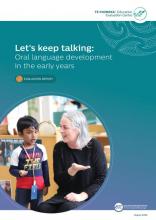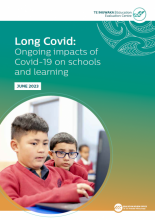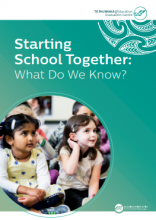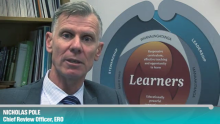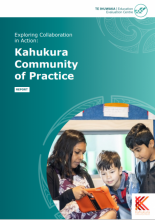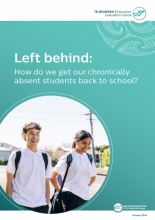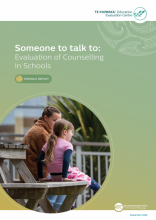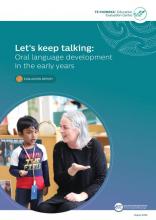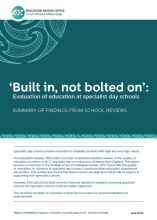Left behind: How do we get our chronically absent students back to school?
Chronic absence has doubled in the last decade. In Term 2 this year, over 80,000 students missed more than three weeks of school. These chronically absent students (70 percent or less of the time) are often struggling and are at high risk of poor education and lifetime outcomes. The Education Review Office (ERO) looked at how good the education system and supports are for chronic absence in Aotearoa New Zealand and found that we do not have a strong enough system or effective supports to address chronic absence.

